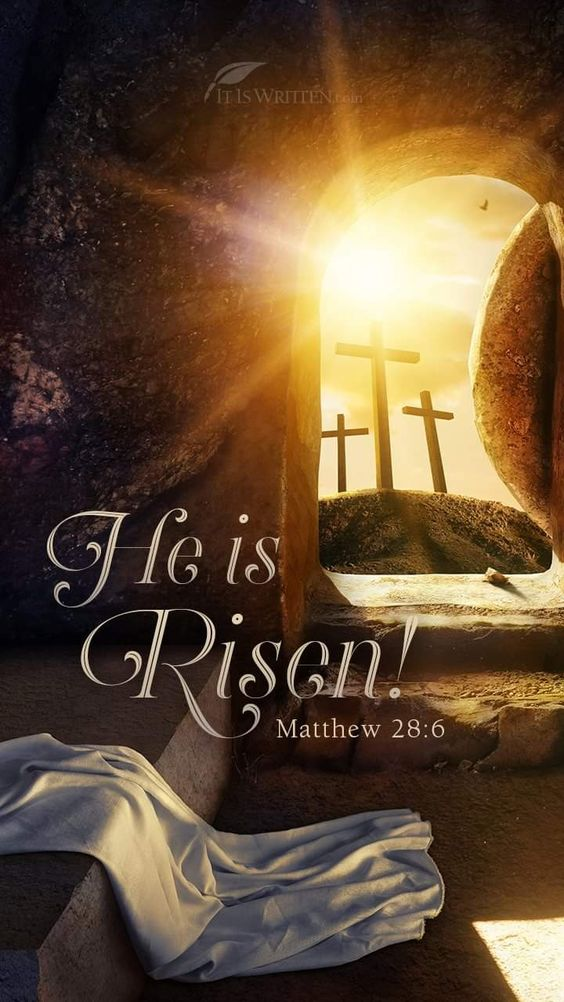From a theological perspective the fourth use of authority is most significant. The question of authority is a fundamental issue facing every person, especially the believer. Its significance cannot be overestimated. Every person has an authority in life that he or she submits to as a subordinate, not by constraint but by conviction. Furthermore, God has created human beings to live under his authority. When they choose to live under a different rule, that of self or an idol, they sin. This is, in a simple summary, the teaching of Genesis 1-3. That portion of Scripture illustrates the human tendency, moved by pride, to seek independence from external authority and to establish self as the final authority in life.
How, then, does God exercise his authority over creation and his creatures? The testimony of Scripture is that God has established three fundamental spheres of authority within which he delegates authority to individuals. These spheres are civil government, the home, and the church. The believer is obliged to obey those holding authority in those realms. Citizens are to submit to the governing authorities ( 1 Pe 2:13-14 ). Children are to obey parents ( Eph 6:1-2 ). Believers were to honor spiritual authorities such as apostles who demanded compliance on the basis of their commission from the Lord. There are exceptions. When a person in authority violates the trust granted by God, the source of all authority, the subordinate is free, indeed mandated, "to obey God rather than man" ( Acts 5:29 ). The apostle Peter provides the clearest example of what is called civil disobedience. In his epistle he encourages disciples of Christ to submit to governing authorities ( 1 Peter 2:13 ). According to Luke, however, when the governing authorities commanded Peter to cease preaching, he disobeyed ( Acts 5:29 ).
The issue facing contemporary Christians is how God exercises his authority in the spiritual realm, that is, the church. In the Old Testament, the answer was clear. God exercised his authority through prophets, priests, and kings. At the time of Christ, the disciples submitted to the lordship of God the Father through obedience to Jesus. Christ, then, delegated authority to the apostles, who directed the affairs of the primitive church. When Christ comes again, he will reign from a new throne in the new city. How does God in Christ exercise his authority in the dispensation between his comings?



No comments:
Post a Comment
HAVE A BLESSED DAY!